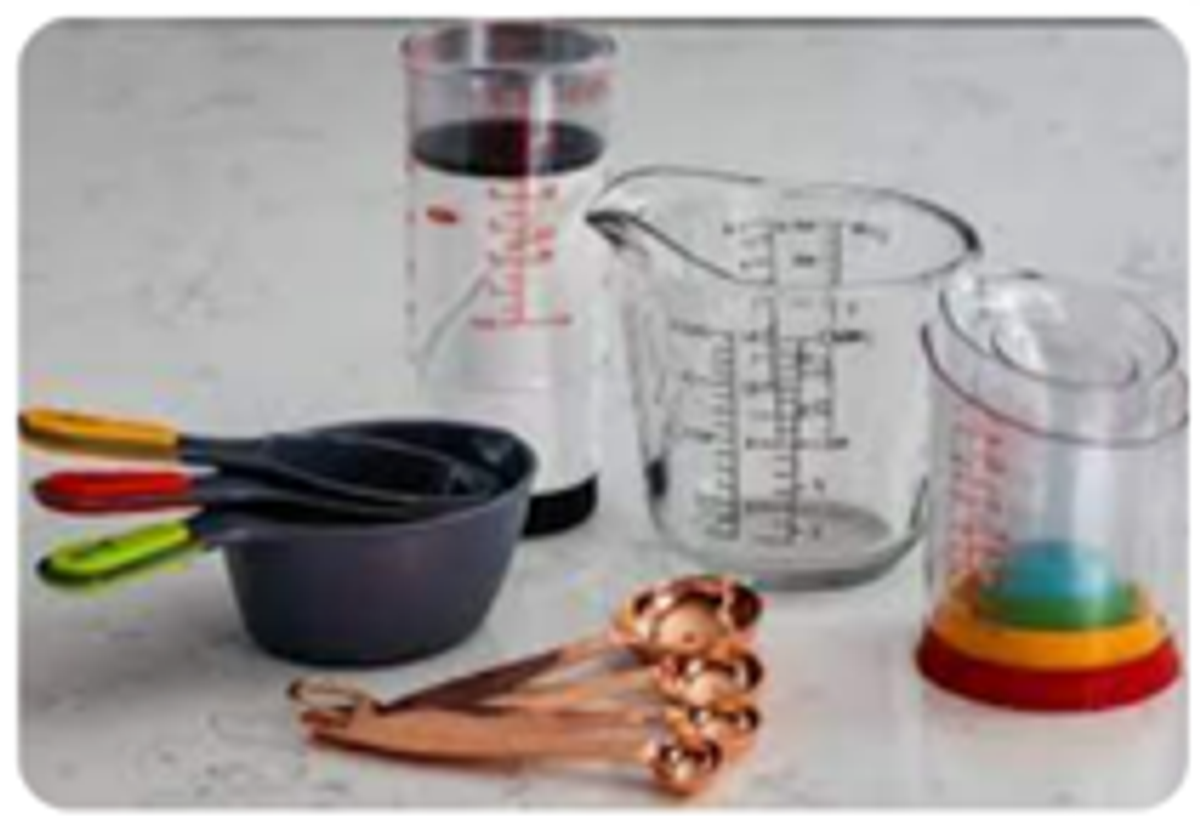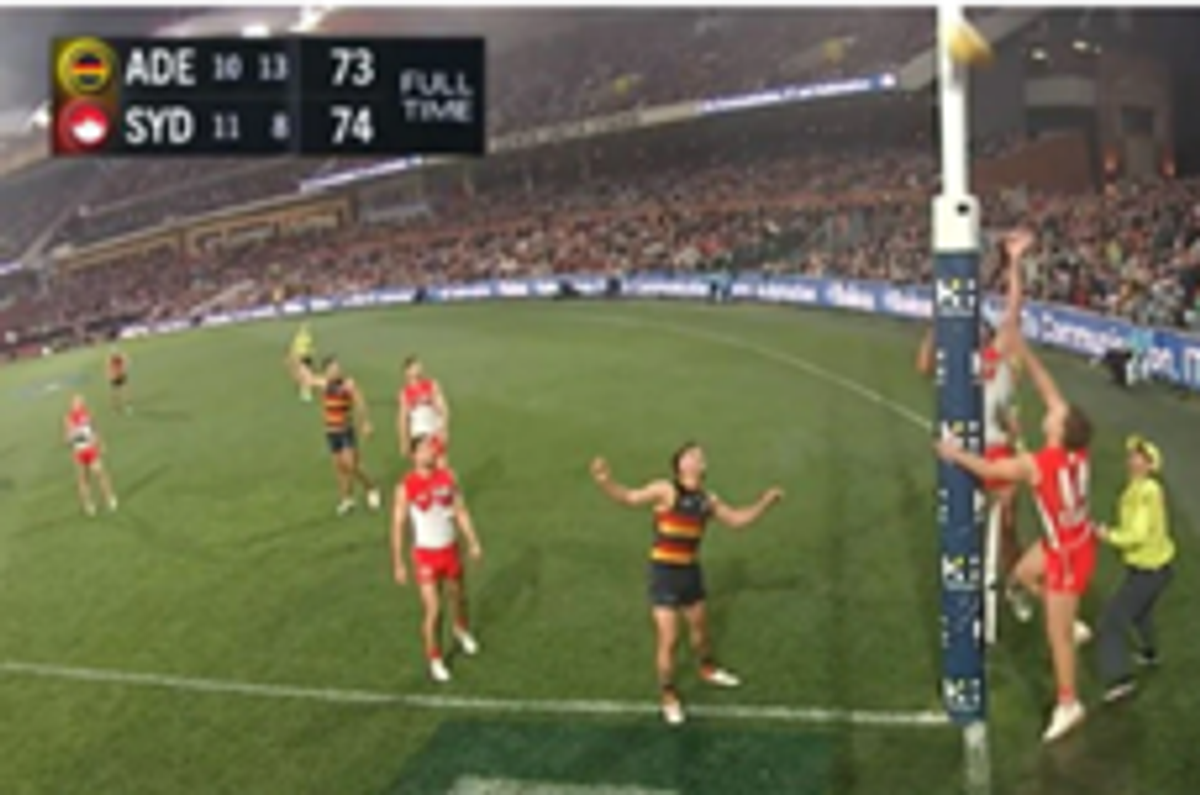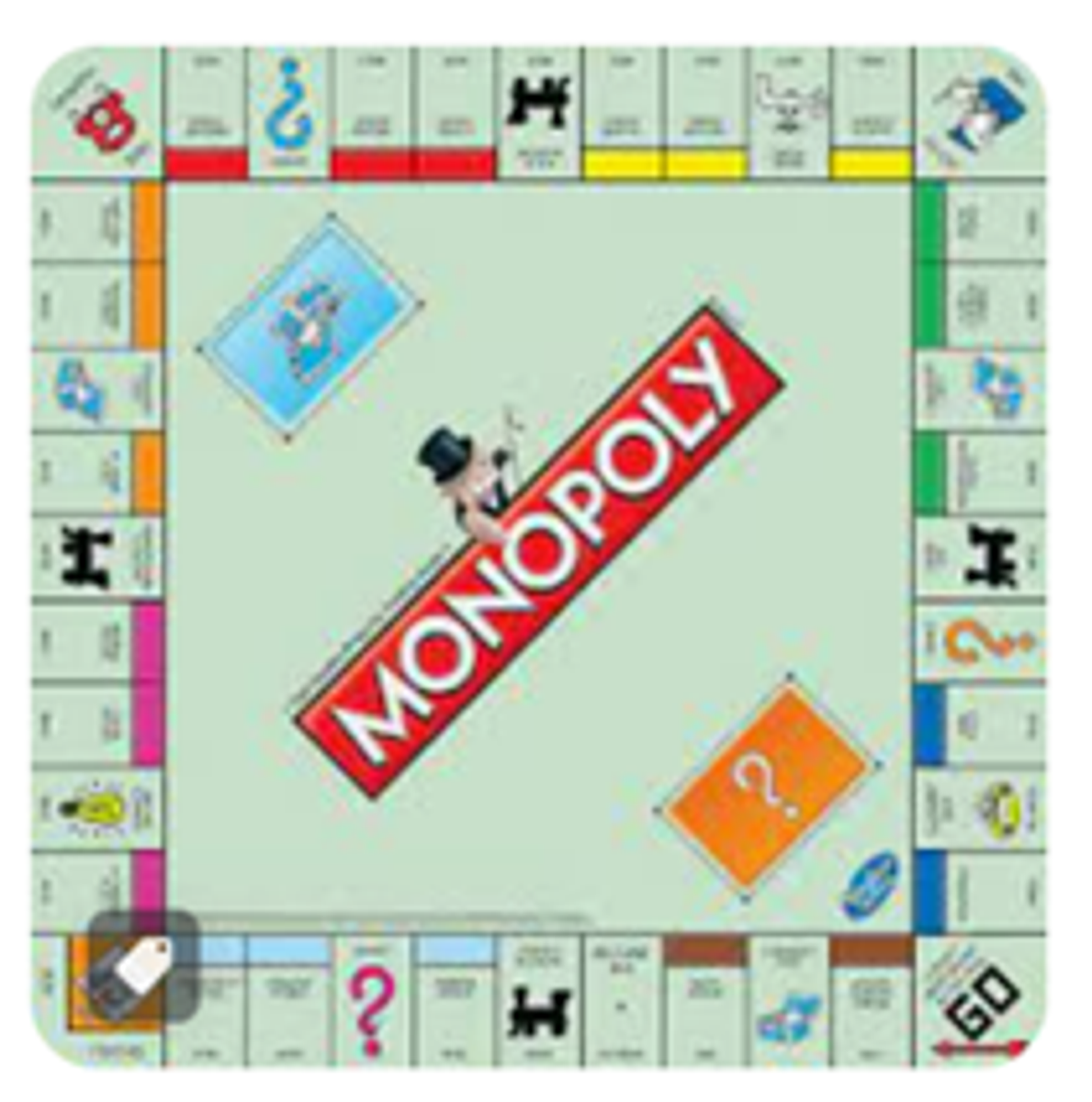Learning Focus

A moment on maths…
As parents and teachers, one of the best things we can do for our children’s learning journeys is to encourage curiosity and deeper thinking.
Last Thursday morning Fionn was standing at the monkey bars with a look of grim determination. He explained that he was trying to jump to the second bar. When asked what he was thinking he reasoned that he had done it before, in prep, so he knew it was possible but he was pretty nervous.
He then went on to say that ‘Actually it is definitely possible.’ In answer to the question, ‘What makes you say that?’ he demonstrated how he knew it was definitely possible because when you compared the distance from the platform to the 2nd bar it was about the same as the distance from the ground to the yellow bar.
He then demonstrated how easily he could leap from standing ‘far back’ from the yellow bar. His own reasoning gave him the courage to attempt and succeed with the leap to the second bar.
In this 5 minute interlude, Fionn built connections in his brain about ratios, spatial reasoning, probability, and measurement and firmed up his ability to explain his reasoning – and all before the first bell!
This week, try asking your kids, ‘What makes you say that?’ You never know what may ensue.
Also, take a look at these top tips for things you can do at home to support your child’s mathematical thinking.
Some things to try at home…
Bake with them and talk about measurement or fractions. How much would you need to double or half the recipe?
Estimate how far away things are, e.g. distance and time to Grandma’s House.
When you’re watching the footy talk about how many more goals or points needed for your team to win or to get to 100.
Build things, like a fort or cubby houses for toys - your child will have to constantly estimate, use trial and error and review their ideas to make things work.
Ask them to talk to you about the strategies they have learned at school to support learning their times tables, for example - five times tables are half of 10’s
Find out what maths games they have learned at school and play them at home - don’t just let them win! Encourage strategic thinking.
Let them do the hard bits of games, like being the banker in Monopoly… even if it takes a little longer!








